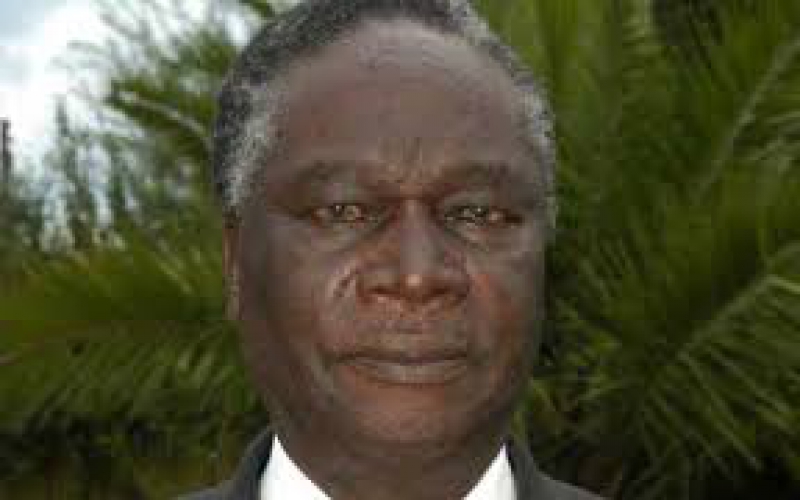×
The Standard e-Paper
Join Thousands Daily

Nicholas Kipyator arap Biwott was at the epicentre of power during the 24 years that President Daniel arap Moi was in office.
Referred to by many nicknames (Total Man, the Bull of Auckland, Mr Fix It, Karnet (steel), Man Behind the Throne, or simply King in Waiting), Biwott was widely acknowledged as the man not to cross in the Moi government. Anyone who did was sacked. He was also mysterious and, some felt, paranoid.